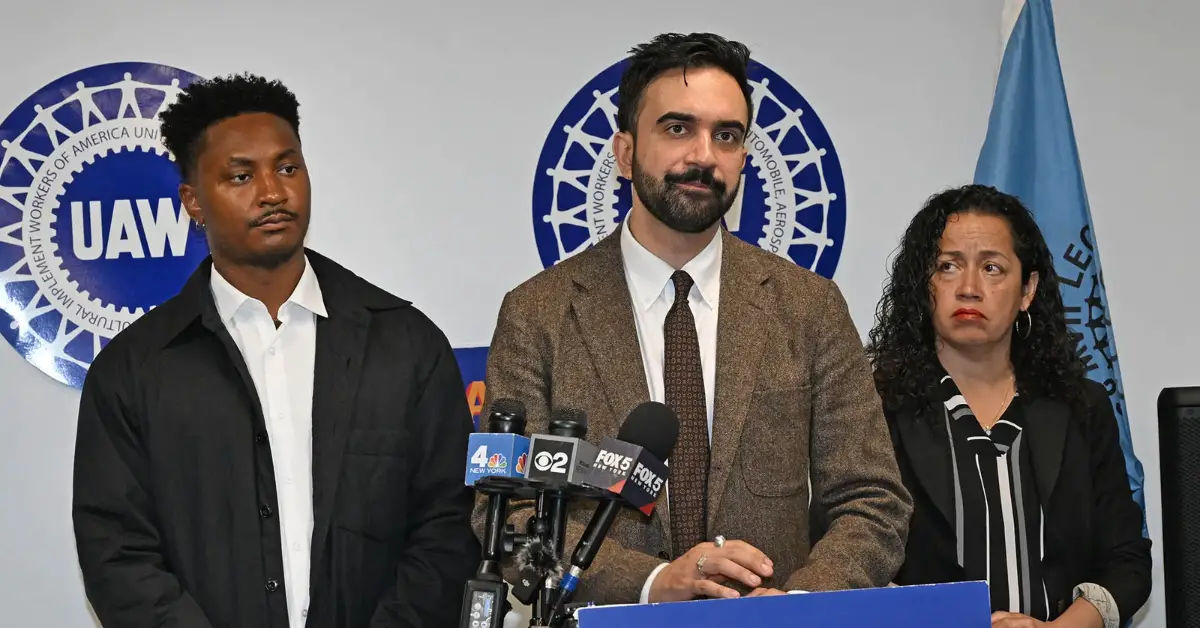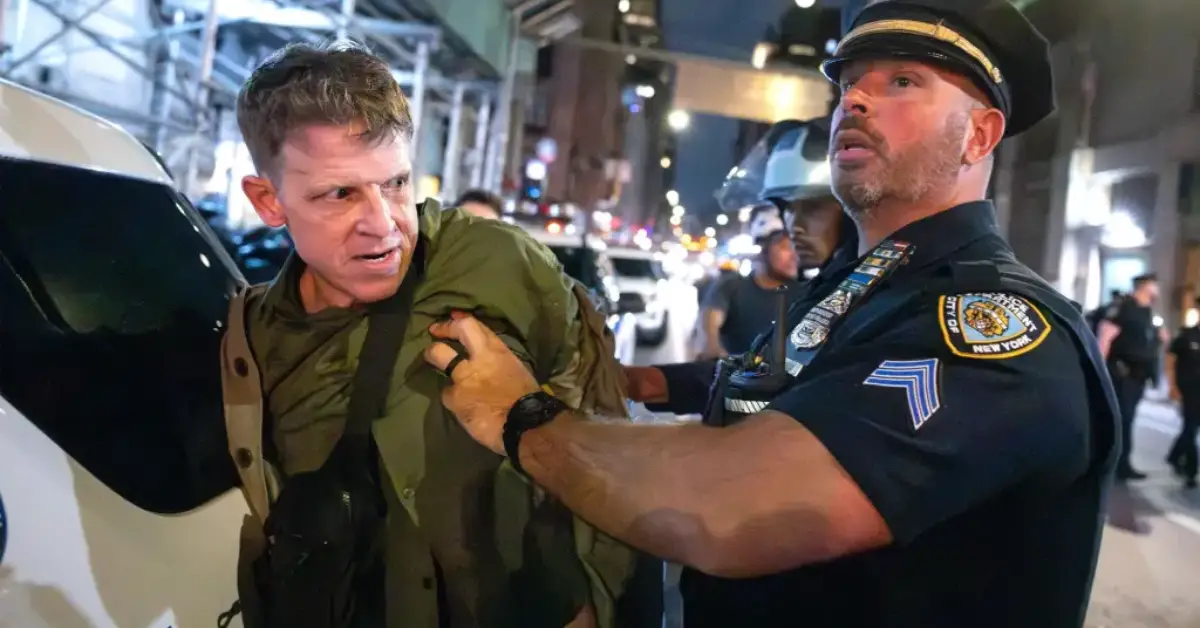New York City, the city that never sleeps, is at a crossroads. For many, the city symbolizes the pinnacle of opportunity, diversity, and vibrant culture. But for others, its future seems increasingly threatened by radical policies and decisions that disregard the city’s well-being. One such individual who stands at the forefront of these controversial decisions is Zohran Mamdani, a name that’s becoming synonymous with policies that could bring irreversible harm to NYC’s residents.
Mamdani, a self-proclaimed progressive and member of the New York State Assembly, has quickly built a reputation for pushing ideas that many would argue go beyond what’s practical for one of the world’s most complex and densely populated cities. His approach is often framed as being radical, even to the point of being out of touch with the realities that everyday New Yorkers face.
At the heart of Mamdani’s politics is an unwavering commitment to an ideology that favors grand gestures and utopian ideals over the hard truths that come with governing a city like New York. From rent control policies that seem to ignore the need for a balance between tenants and landlords, to calls for defunding the police, Mamdani has shown time and again that his primary focus is on ideals that are disconnected from the actual struggles of New Yorkers.
His approach to rent control, for example, is seen by many as an attempt to eliminate the free-market principles that drive the real estate sector. While his intentions may be rooted in a desire for affordable housing, the execution of these policies threatens to stifle construction, discourage investment, and ultimately reduce the supply of housing in a city that already struggles with overcrowding.
It’s easy to champion rent control from the perspective of a tenant, but the broader implications for the city’s housing market have the potential to push out middle-class families and even worsen the affordability crisis for the very people Mamdani claims to represent.
Moreover, his calls for dismantling the police department and reimagining public safety have sparked outrage among a large segment of the population. While it’s true that policing reforms are necessary to address systemic issues within law enforcement, the proposal to reduce funding and overhaul the entire system appears to be an impractical and reckless move.
New York City, with its bustling streets, crowded subways, and diverse communities, requires a strong police presence to maintain safety and order. Undermining the very institution responsible for keeping people safe could set the city back decades, putting residents, especially those from marginalized communities, at risk.
Mamdani’s position on policing may be rooted in concerns about police brutality and the disproportionate impact on communities of color, but it ignores the fact that law enforcement plays a vital role in curbing crime and maintaining social order.
While there’s no denying the need for reform and accountability, his blanket approach to defunding the police lacks nuance and practical solutions. In a city where violent crime and gang activity remain real threats, Mamdani’s proposals risk exacerbating the very problems he seeks to solve.
But perhaps the most concerning aspect of Mamdani’s agenda is his refusal to engage with the reality of how his policies will impact the working-class people who rely on the stability that New York City offers. Many of his supporters are drawn to his rhetoric of social justice and equity, but they fail to see that the policies he champions could lead to job losses, economic instability, and a general sense of insecurity in the city.
Mamdani’s vision of a “perfect” city, one that operates on the principles of his ideology, seems far removed from the everyday struggles of New Yorkers who simply want a safe and affordable place to live, work, and raise their families.
At the same time, his policies ignore the growing divide between the city’s wealthier residents and the working-class majority. Rather than promoting economic growth and job creation, Mamdani’s proposals risk discouraging investment and innovation, essential components for sustaining the city’s role as a global hub of business, culture, and technology. His focus on dismantling the systems that have helped build New York into the powerhouse it is today could lead to stagnation and decline.
While Mamdani’s ideas may resonate with some, they ultimately lack the grounded pragmatism that is necessary for governing a city as complex as New York. As the city faces challenges such as crime, homelessness, and economic inequality, the last thing it needs is a set of policies driven by ideology rather than a realistic understanding of what works for the people who call this city home. The city’s success is built on the delicate balance of social, economic, and political forces, and policies like those proposed by Mamdani risk tipping the scales toward chaos and division.
In a city as diverse and dynamic as New York, it is essential to acknowledge the complexities of governance. It’s not enough to simply embrace idealistic notions; it’s crucial to engage with the realities that make the city work. Zohran Mamdani, despite his good intentions, seems determined to push policies that will only deepen the divide between the haves and have-nots, ultimately undermining the very fabric of what makes New York City great.




